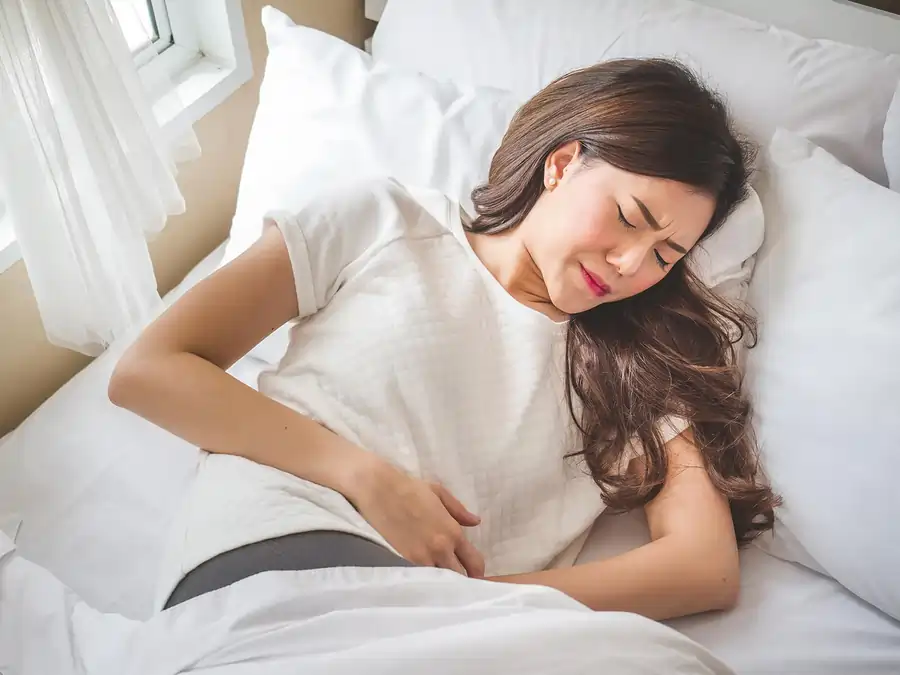
Backwash ileitis is inflammation of the end of the small intestine (the ileum) that happens when severe ulcerative colitis in the colon "backs up" into the ileum. It's most often seen in people with pancolitis, where the entire colon is affected. Although symptoms can resemble Crohn's disease, backwash ileitis is directly linked to ulcerative colitis and only involves the terminal ileum.
When backwash ileitis flares up, you may notice:
The primary cause is underlying ulcerative colitis, especially when it's extensive. Other contributing factors include:
Dealing with pain, urgency, or IBD flares? Our specialists at GastroDoxs in Katy can help you take control of your gut health. Schedule your consultation today and start feeling better with the care you deserve.
We've successfully treated more than 2.3K patients, helping individuals improve their digestive health and overall well-being through expert, personalized care.
With over 20 years of experience, GastroDoxs has been a trusted provider of gastroenterology care, focusing on delivering the best outcomes for patients
No. Backwash ileitis is a complication of ulcerative colitis that affects only the terminal ileum. Crohn's disease can involve any part of the gastrointestinal tract and has different tissue patterns on biopsy.
Yes. Cramping or pain-often in the lower right quadrant of the abdomen-is common, especially during active flares of inflammation.
Diagnosis typically involves a colonoscopy with biopsy of the terminal ileum. Additional stool and blood tests help rule out infections and assess inflammation levels.
Pancolitis is inflammation of the entire colon. When that inflammation "backs up" past the ileocecal valve into the ileum, it manifests as backwash ileitis.
During flares, doctors often use corticosteroids for rapid relief and may adjust 5-ASA medications. Hydration and nutritional support are also important.
Yes. A low-fiber, low-fat diet during active flares can reduce irritation. Working with a dietitian to ensure balanced nutrition can support healing and remission.
No. Surgery is reserved for cases unresponsive to medical therapy or for complications such as strictures or severe bleeding. Most patients are managed with medication alone.
Not always. With appropriate medication, lifestyle adjustments, and regular monitoring, many patients achieve long-term remission, though relapses can occur.
Follow-up visits are usually scheduled every 3-6 months to monitor symptoms, adjust treatment, and perform any necessary tests. More frequent visits may be needed during flares.
GastroDoxs in Katy offers board-certified gastroenterologists experienced in IBD. Our clinic provides onsite colonoscopy, imaging, lab testing, and personalized treatment plans.